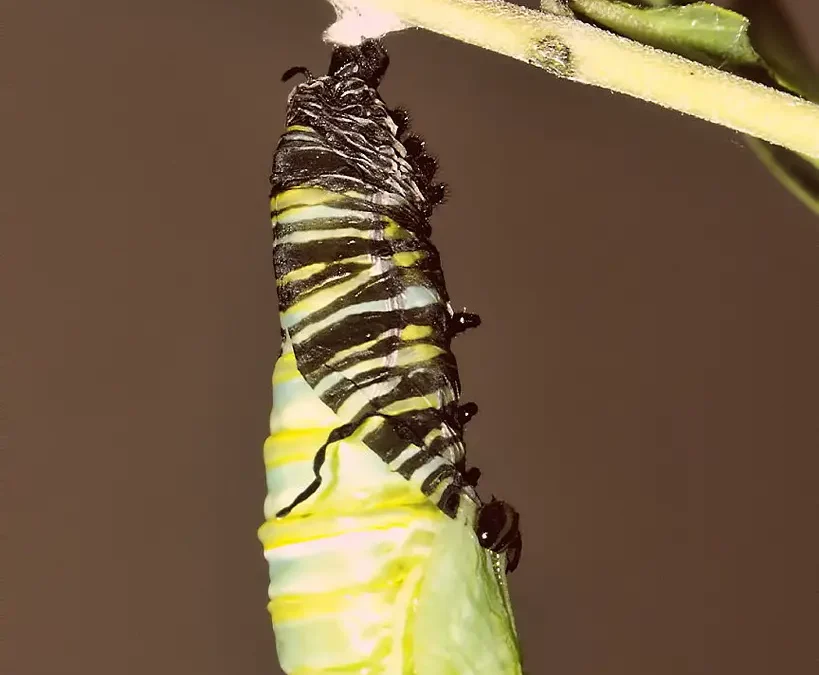Please Call Me by My True Names
Don’t say that I will depart tomorrow
even today I am still arriving.
Look deeply: every second I am arriving
to be a bud on a Spring branch,
to be a tiny bird, with still-fragile wings,
learning to sing in my new nest,
to be a caterpillar in the heart of a flower,
to be a jewel hiding itself in a stone.
I still arrive, in order to laugh and to cry,
to fear and to hope.
The rhythm of my heart is the birth and death
of all that is alive.
I am the mayfly metamorphosing
on the surface of the river.
And I am the bird
that swoops down to swallow the mayfly.
I am the frog swimming happily
in the clear water of a pond.
And I am the grass-snake
that silently feeds itself on the frog.
I am the child in Uganda, all skin and bones,
my legs as thin as bamboo sticks.
And I am the arms merchant,
selling deadly weapons to Uganda.
I am the twelve-year-old girl,
refugee on a small boat,
who throws herself into the ocean
after being raped by a sea pirate.
And I am the pirate,
my heart not yet capable
of seeing and loving.
I am a member of the politburo,
with plenty of power in my hands.
And I am the man who has to pay
his “debt of blood” to my people
dying slowly in a forced-labor camp.
My joy is like Spring, so warm
it makes flowers bloom all over the Earth.
My pain is like a river of tears,
so vast it fills the four oceans.
Please call me by my true names,
so I can hear all my cries and my laughter at once,
so I can see that my joy and pain are one.
Please call me by my true names,
so I can wake up,
and so the door of my heart
can be left open,
the door of compassion.
Thich Nhat Hanh
A note from Rulik
Call me by my True Names by Thick Nhat Hanh
is a poem for our very challenging times. Times full of contradictions and predispositions towards polarized ideas. The warring outer forces often make it harder to find a more stable resting place within.
Thay, as his students call the author, demonstrates the deep courage to acknowledge and accept inner contradictions. That acceptance points to a different sense of identity.
When one identifies as a victim or as an abuser, one misses at least half of reality. When one identifies as a Loser or as a Winner one sees through a glass darkly.
When one can see, accept and acknowledge: “I am the Frog… and I am the Grass Snake…” a third identity that observes both emerges. With it, the joy reaches deeper levels and dimensions. With that awareness, the pain is vast as the four oceans. Holding both is a slow practice that grows and evolves over time.
“What’s in a name?” asks Shakespeare in the voice of Juliet. Indeed, the name we are given, hides a great illusion of unity. We grow up with constant pressure to present according to rigid cultural norms, a boy or a girl, able, smart, honest, kind,… even when we can sometime manifest these qualities, we also contain their opposites. Only ghosts do not cast a shadow.
The variety of psychological systems that promote awareness of inner parts, attempt to alleviate that constant pressure to appear as one; the Lie of the “I,” that directly or indirectly leads to many ailments of the soul.
Helping another person feel seen and accepted in their contradictions, is a great gift and a form of love. When interpreted psychologically, Jesus’ teaching about loving one’s enemy can be understood to say exactly that; learn to see internal contradictions and shadows as fragments of a larger whole, in which all parts are essential and thus respected and loved.
Such form of deep acceptance brings new responsibilities. The awareness that the inner world and the outer world reflect each other and resonate together, raises a sense of connection to a larger whole one is part of. This is the core of the Hawaiian teaching and practice of Ho’Oponopono, that can lead to deeper inner and outer peace through honest forgiveness.
Here is an interview with Dr. Hew Len about Ho’Oponopono: https://www.youtube.com/watch?v=OL972JihAmg
Both these great teachers departed from this life in 2022.
Here is Thick Nhat Hanh reading the poem: https://plumvillage.org/articles/please-call-me-by-my-true-names-song-poem/
Please read his words explaining the source of the poem.


